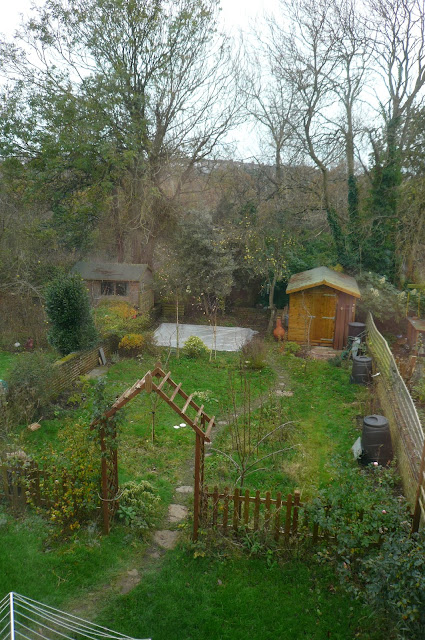I
am proud of my new book, The Wilderness Within You, (linked here to US Amazon) because it is the fifteenth book I have written.
I
can remember going to the party of a friend who is a writer, to celebrate the
publication of his tenth book – and thinking at the time what an impossible place
to reach that seemed; I think I had maybe written one or two then.
I
have not had many achievements in my life; I didn’t do well at school, after
college I spent a decade either expecting or feeding babies, my years as a minister
of religion were sabotaged spectacularly by an avalanche of profound and
complex family problems which shipwrecked my life as dramatically as driving a
speedboat full-tilt into a concrete harbour wall.
As a person I am difficult – hard to get to know, socially inept and ridiculously introverted.
As a person I am difficult – hard to get to know, socially inept and ridiculously introverted.
But
I have written these books, and that feels like an achievement to me.
Number 15, The Wilderness Within You (linked here to UK Amazon) is a Lent book of conversations with Jesus, which may or may not be imaginary –
I say that because I am not sure myself, seeing that I do meet with and talk
with Jesus. How can I tell which
conversation are made up and which are real?
You’ll have to decide for yourself.
It
has come out how I hoped and I am pleased with it, so you will have to take a
peek and see for yourself what you think.
There’s a ‘Look Inside’ on Amazon.
It's got Bible readings and then a conversation with Jesus for each day of Lent - a good book to dip into, and handy for if you have to source readings for assemblies or women's meetings or retreats or church services etc. And a nice book if you like to have something just short to read at the beginning or end of the day - thought-provoking I hope, without being too intellectual or hard to understand. So, basically a book for people like me, which you probably are if you're reading here (unless you are the Thought Police or a spy from the government monitoring my opposition to the badger cull and my support for the Arctic 30…).
I
hope you like it - er, the book, that is! x



